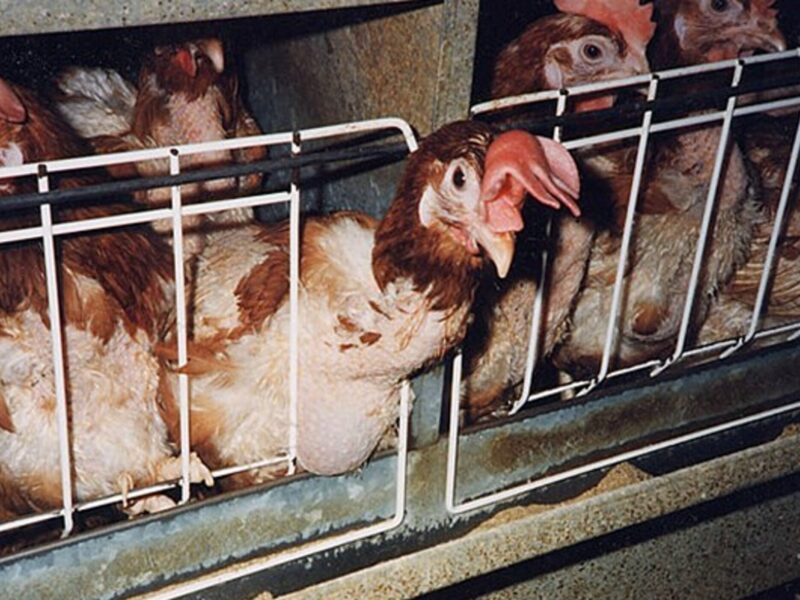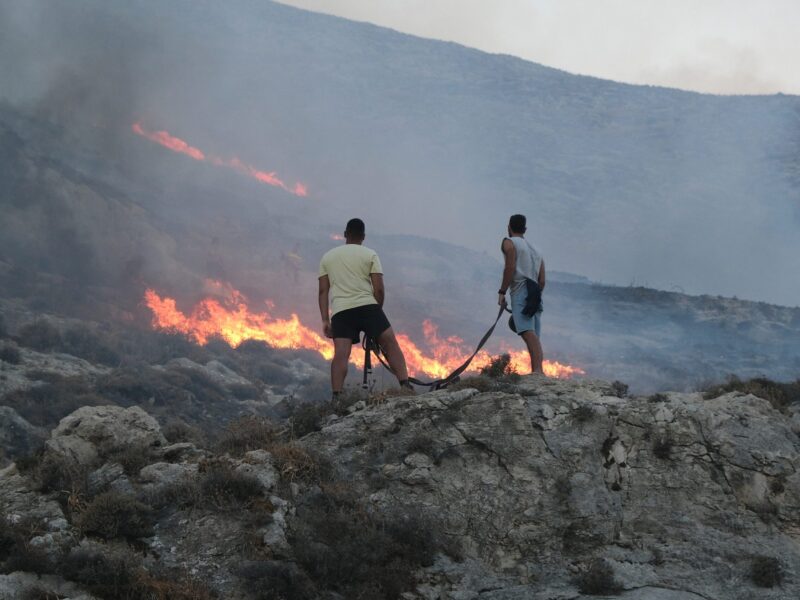
COMPASSION TAKES NEW VISION FOR FOOD TO THE UNITED NATIONS

The impressive entrance to UNEA with the flags of the UN together with a boat made from recycled flip-flops
Our Call for a Global Agreement to End Factory Farming
Nairobi, Kenya: Amongst the swirling flags, meetings and conversations that make up the United Nations Environment Assembly (UNEA), I spent the last days delivering the message that factory farming is the enemy of the natural world.
Bringing together over 4,700 heads of state, ministers, business leaders, senior UN officials and civil society organisations like ours, UNEA is very much the epicentre of the battle to save the planet.
A whirlwind of meetings with UN officials, government representatives and partner organisations has resulted in new thinking and exciting new projects. Your Compassion delegation (I am here with colleagues, Duncan Williamson, International Head of Policy and Rick Holland, International Head of Major Giving) will be coming back with a basketful of ideas and a headful of insight.
Global Platform
I was honoured to undertake a series of speaking engagements here at UNEA-4. It has felt like ground-breaking stuff; UNEA has tended to leave food and farming to its sister agency, the UN Food and Agriculture Organisation (FAO), in Rome. Only, as agriculture covers half the useable land surface of the planet, farming’s effects on the environment has to take centre-stage here too.
I had the privilege of being part of a range of platform discussions, including a two-part session on healthy food for a sustainable planet. Assembled on the stage were a range of interests to discuss what transforming agriculture for a sustainable future might look like and how to deliver planet-friendly diets.
I found myself amongst representatives from industrial agriculture, all keen to say why they saw chemical fertilisers, pesticides, GMO and gene-editing as the way of the future.
There were many like-minded advocates too who saw the need for a move away from factory farming and meat-heavy diets.
Planetary Crisis
I used my keynote speaking slots to warn the audience that the environmental consequences of food and farming were huge; that we are currently on course for a major planetary crisis.
At the heart of all these threats is industrial agriculture; the use of chemical pesticides and fertilisers, cages and monoculture crops to produce ‘cheap’ meat and milk, amongst other things, rather than nutritious food.

A whale sculpture made entirely from recycled flip-flops, promoting the Clean Seas UNEA sessions
New Vision
I demonstrated how moving away from industrial agriculture gives us the opportunity to nourish the world whilst saving the natural world on which we all rely.
I was also joined by speakers like Natascha Kooiman of Transition Coalition Food and Stineke Oenema from the UN Standing Committee on Nutrition, in highlighting the pressing need to reduce meat and dairy production to stabilise the climate and save the natural world.
It was heartening to see the level of support at UNEA-4 for a new vision for food, farming and nature without factory farming or excessive meat and dairy.
Challenges Ahead
However, amongst all the great and positive things that happened, there was an incident that really did make me reflect on the huge challenges that lie ahead.
Moderators from the Science and Business Forum discussions gave a summary of their sessions to senior UN officials and government officials. Child ambassadors gave their feedback too on topics they saw as important, including plastics, food and the loss of wildlife. Aged perhaps 10-11 years old, their message echoed those of other children around the world. It is a message that is gathering increasing momentum and support – in protecting the planet, grown-ups had failed. They were hopeful for the future, but grown-ups have to stop arguing like children if they are to get things done.
However, when the session I took part in on food and sustainability came to be reported by a representative of the chemical fertiliser industry, my keynote contributions seemed to be air-brushed out of the summary. Along with anyone else’s that seemed to put forward an alternative view.
Instead, the feedback focused on the role of fertilisers and gene-editing in delivering food.
The moderator’s feedback failed to mention my call, supported by others, that we need an urgent transformation of the food system, away from chemicals and cages to one based on humane sustainable farming. The session on solutions too was glossed-over, ignoring the discussion on needing to reduce meat and dairy production globally. Instead, feedback focused on the possibility that some communities in developing regions might need more meat…
Astonished by how the feedback misrepresented our interventions, Duncan Williamson, Compassion’s Head of Policy, told me: “It felt like the script had been written before the event and that it didn’t matter what actually happened on the day”.

An elephant sculpture – a reminder of these amazing creatures and their rapid decline through poaching for ivory
It meant that UN officials and governments heard a thoroughly incomplete picture of the conversation on which to base decisions affecting the very future of our planet.
Yes, there are things we can and are doing about it, but for me, it underscored the scale of the challenge we face; those interests vested in chemicals, cages and monocultures are not going to let go without a fight.
Our role is to rail against misinformation and obfuscation. To counter those vested interests. To show that there is a better way. That the world urgently needs a new vision for food, farming and nature.
With your help, Compassion will continue to fly that flag. We will build an urgent consensus amongst leaders in government, business and the UN for a global agreement for a regenerative, restorative food system without factory farming or excessive meat consumption.
In Nairobi, it felt like battle lines were drawn. Through being here, we have learned so much. We will do so much more.
Together, we will win this battle for the planet: for animals and people, both now and in the future.
Thank you for caring and for your support.





